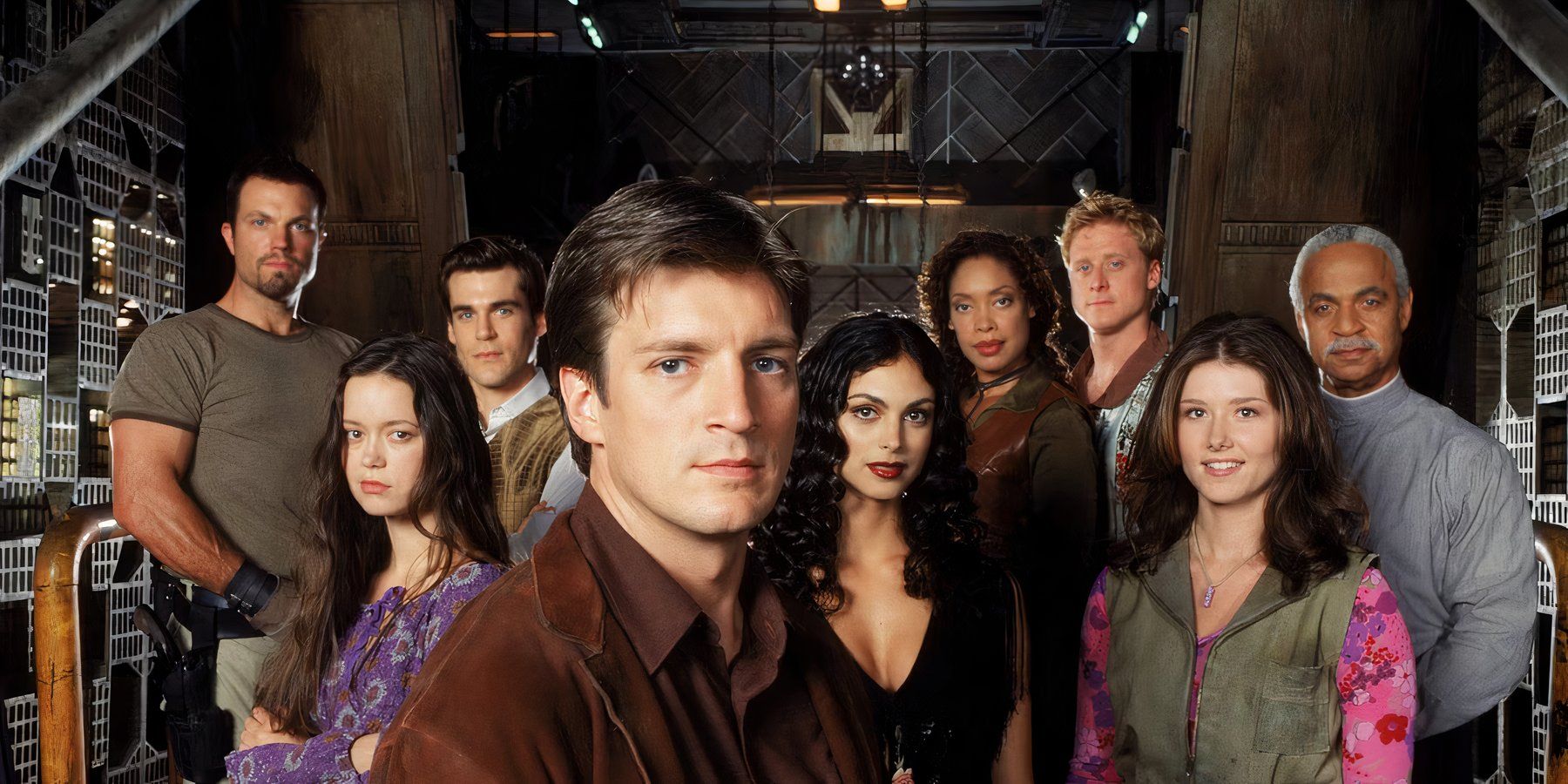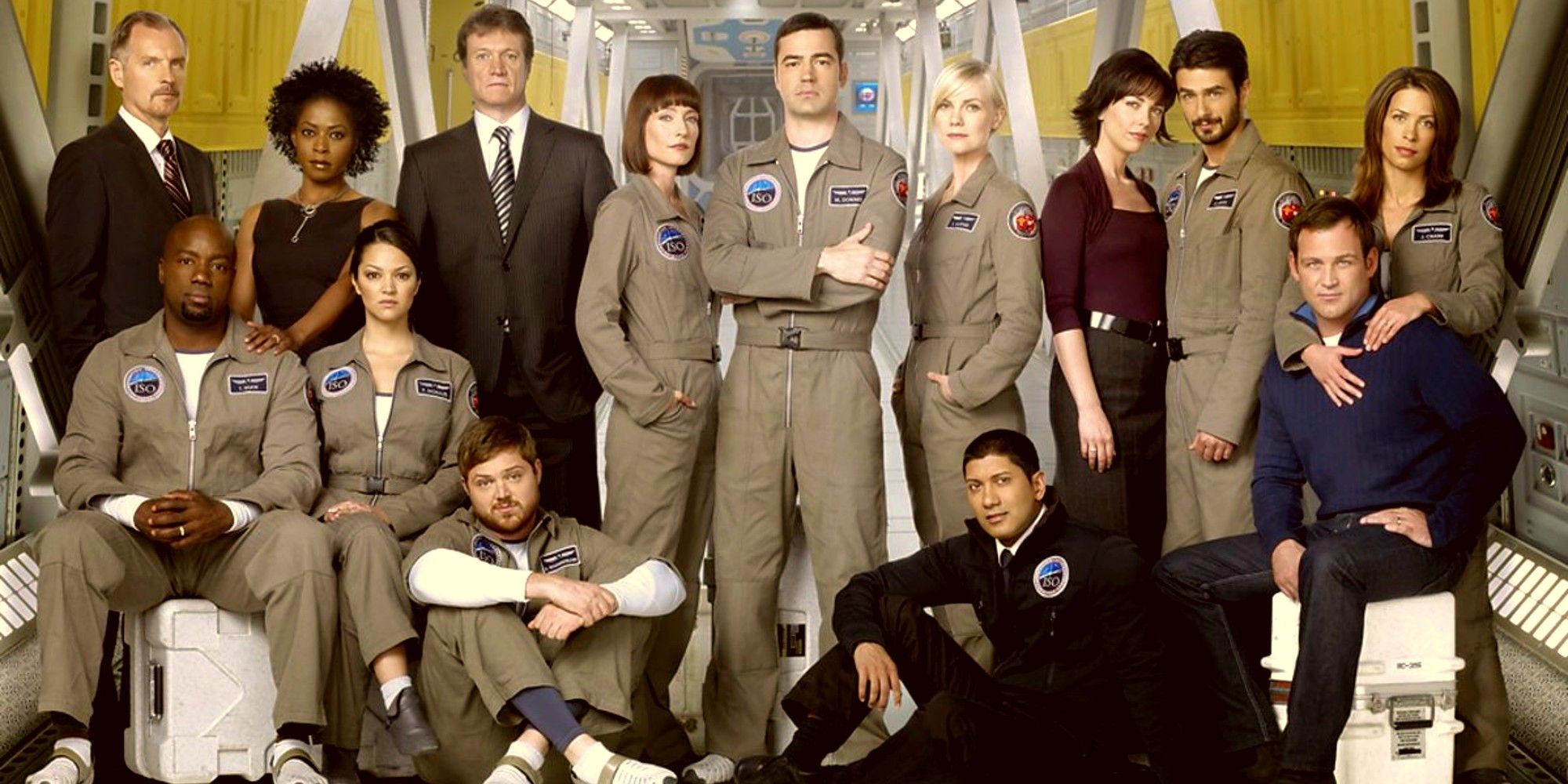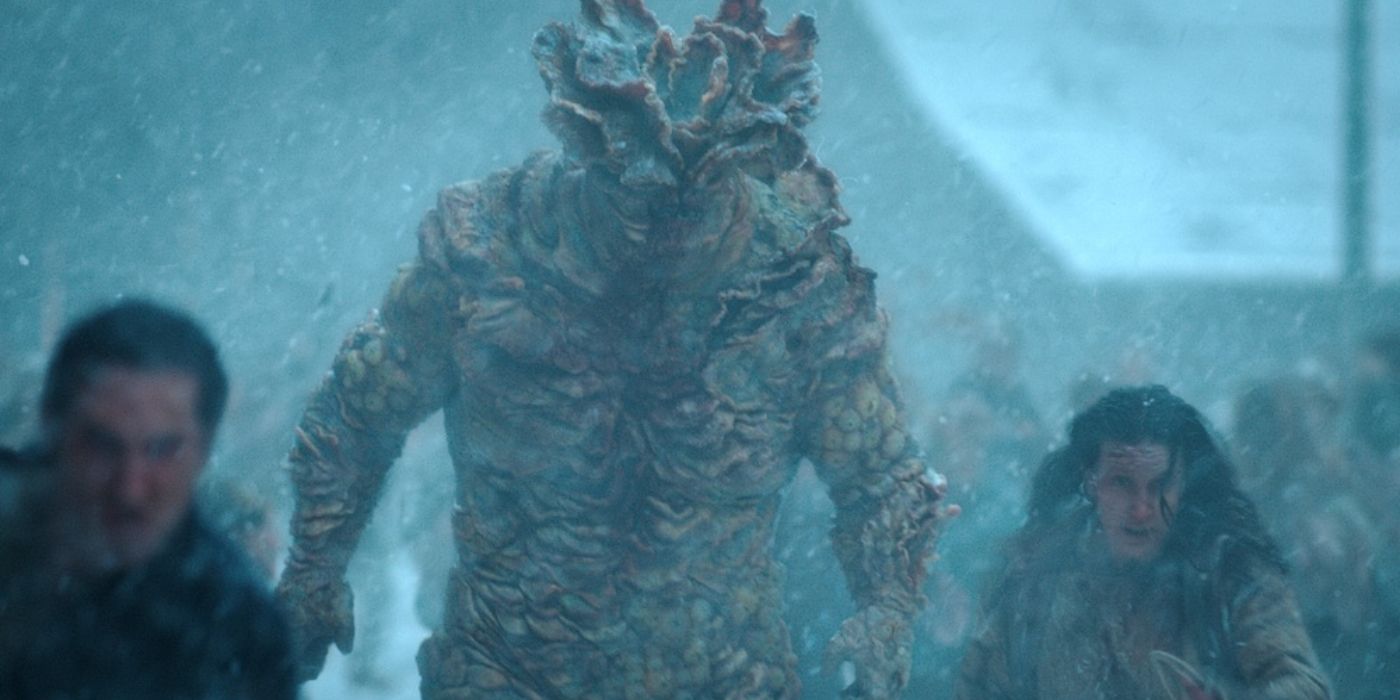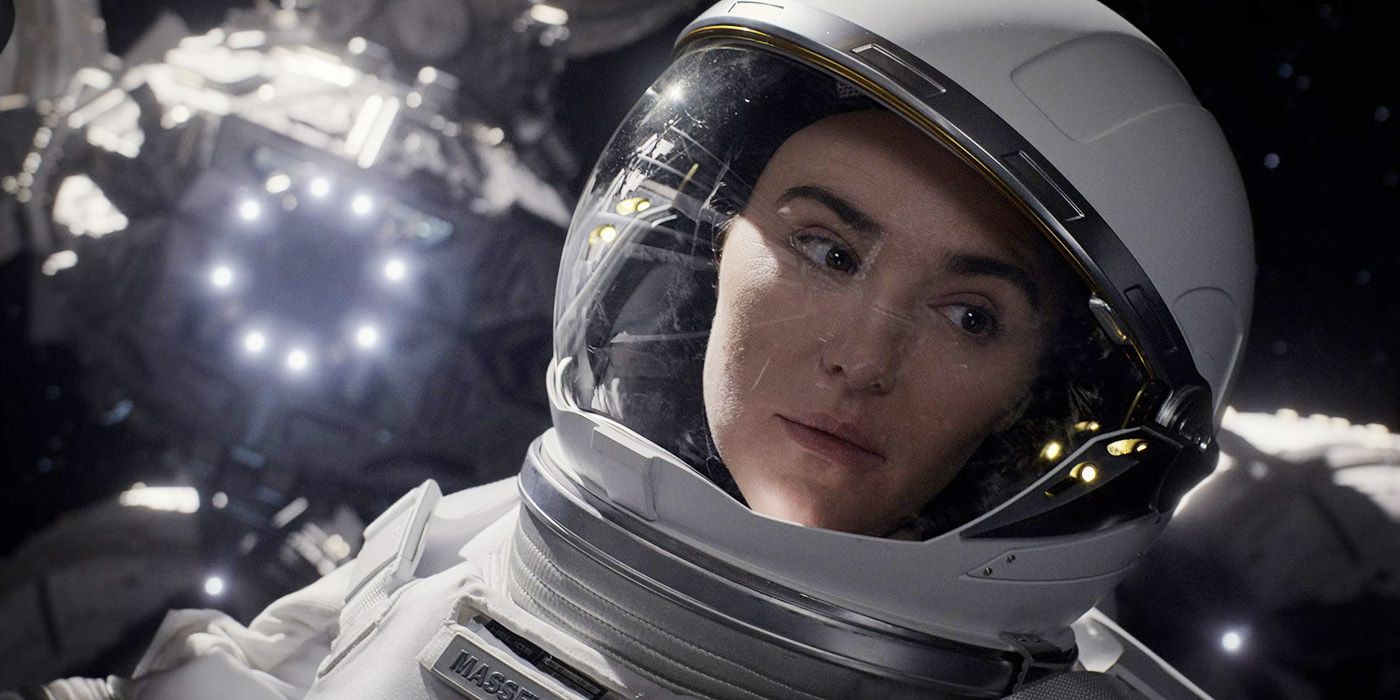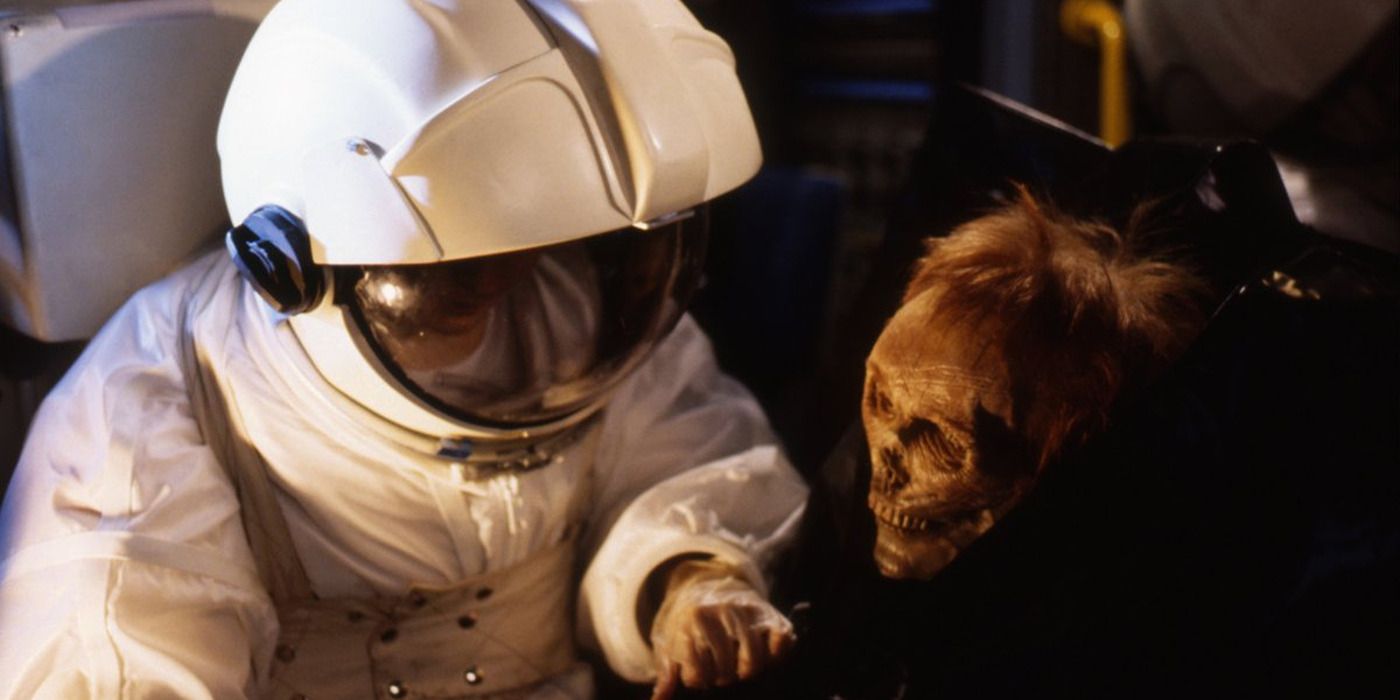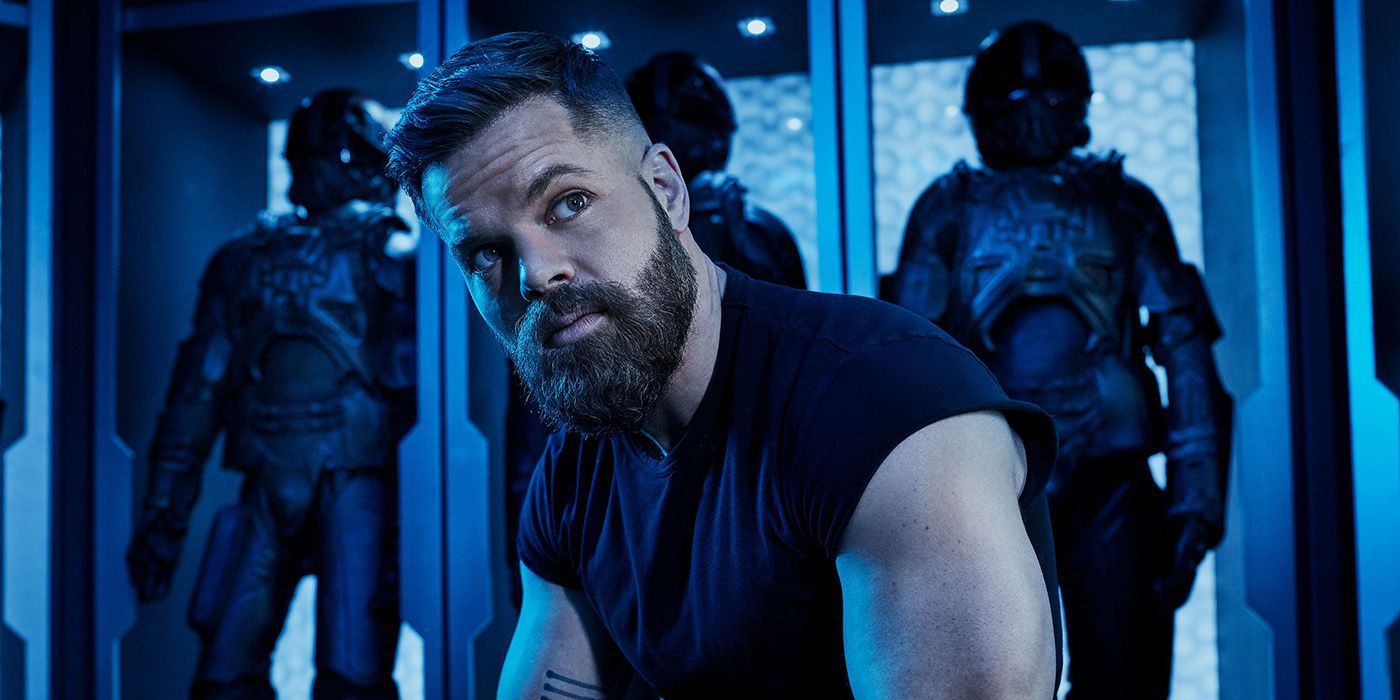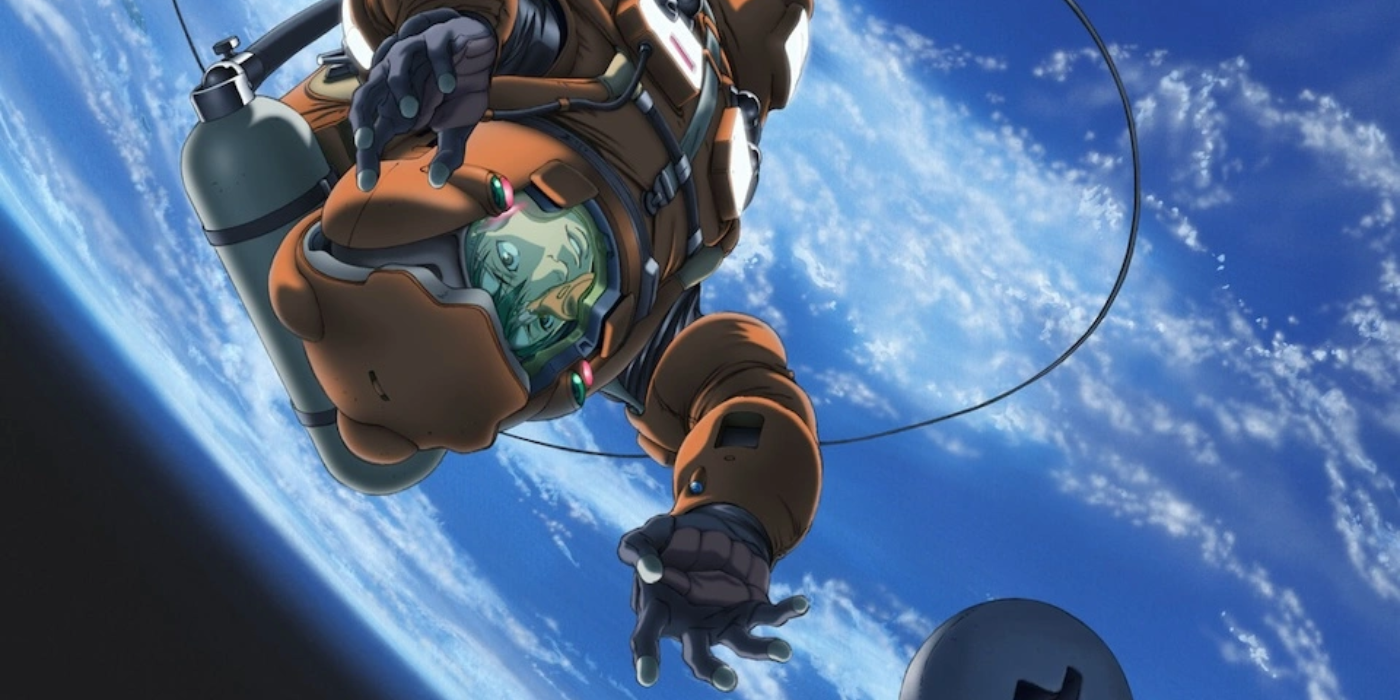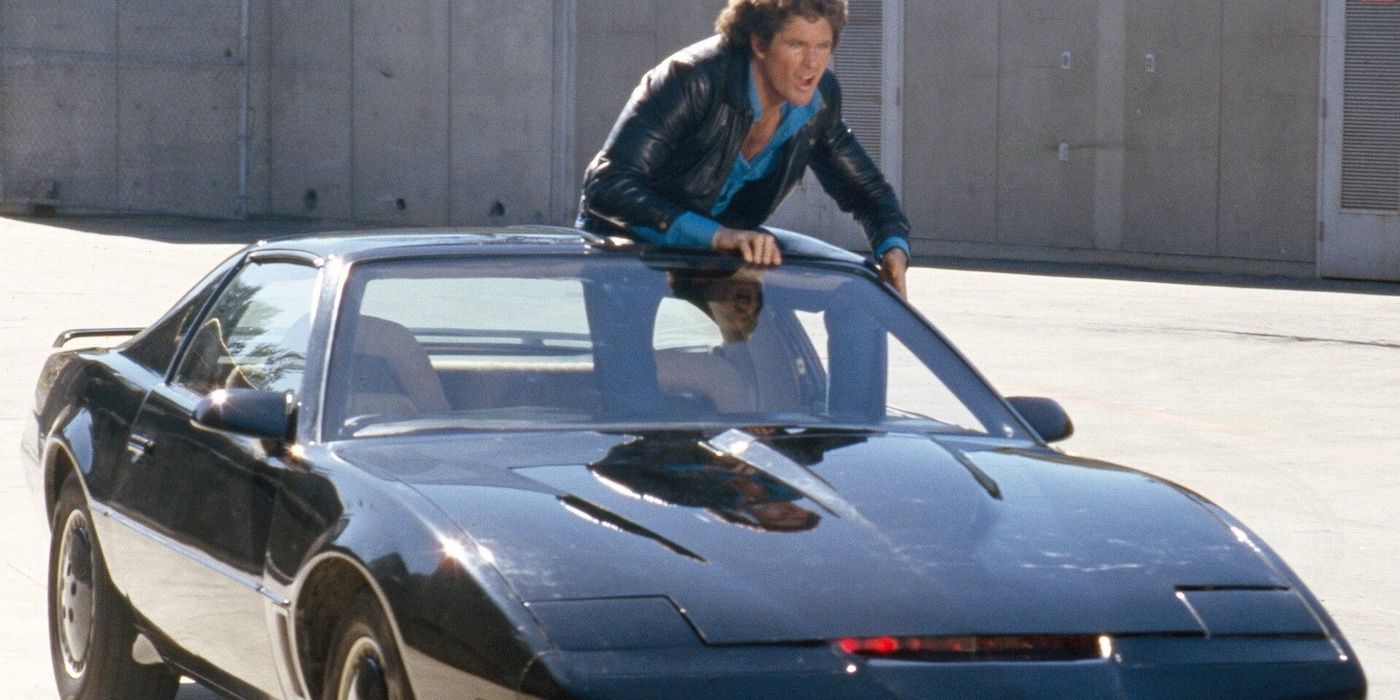Sometimes, it’s easy to forget the “science” part of science fiction. Many sci-fi shows do away with it almost entirely, focusing more on big, fantastical world-building that leans a lot more on the “fiction” part. There’s nothing wrong with that, but every now and then, sci-fi fans crave a TV series that portrays its scientific elements with some degree of accuracy.
Thankfully, throughout the years, there have been many great sci-fi shows that don’t neglect the “sci” part. From space operas to clone shows to post-apocalyptic dramas, the most scientifically accurate sci-fi shows prove that the genre doesn’t need to be completely detached from reality. These ten shows are ranked in order of their scientific and technological accuracy.
10
‘Firefly’ (2002–2003)
Created by Joss Whedon
One of the most iconic sci-fi cult classics in television history, Firefly is one of the best sci-fi shows of the 2000s. Although it was tragically canceled after just one season (and then given a movie conclusion that unfortunately also flopped), the cult following that it quickly garnered has stayed remarkably loyal throughout the decades.
There’s a wide variety of reasons why sci-fi fans love this space Western, and its moderate basis on actual science is among those reasons. There are plenty of elements that have no foundation in reality, but also plenty of others that feel refreshingly realistic. Sound doesn’t travel in space, space travel is shown as difficult and messy, and gadgets seem to be designed with realism in mind.
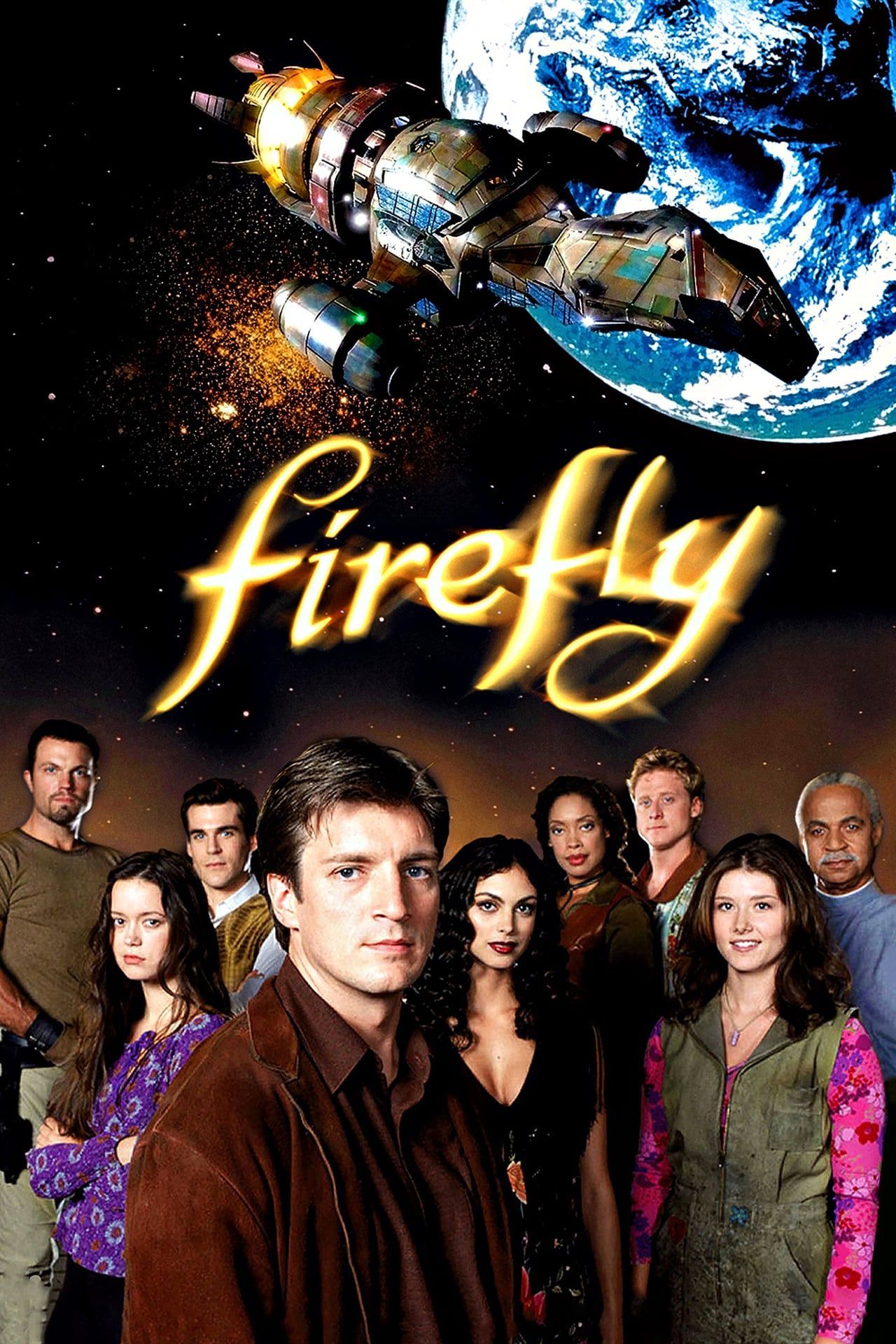
Firefly
- Release Date
-
2002 – 2002
- Showrunner
-
Joss Whedon
9
‘Defying Gravity’ (2009)
Created by James D. Parriott
It isn’t just an iconic musical theater song: Defying Gravity is also one of the most underrated sci-fi shows of the 2000s. It follows the stories of eight astronauts living aboard an international spacecraft on a mission through the Solar System, while the world watches from billions of kilometers away. Wrongly pitched to networks as Grey’s Anatomy in space (the show rarely feels like that), it was unfortunately canceled after only one season.
The series’ focus was never really on the kind of grand sci-fi elements that fans of certain series in the genre might be looking for. Rather, it was a lot more focused on characters and character dynamics, which people looking for a more unique sci-fi show might enjoy. As such, this gave it space to portray space travel in quite an authentic and realistic way—with the occasional far-fetched concept thrown in, of course.
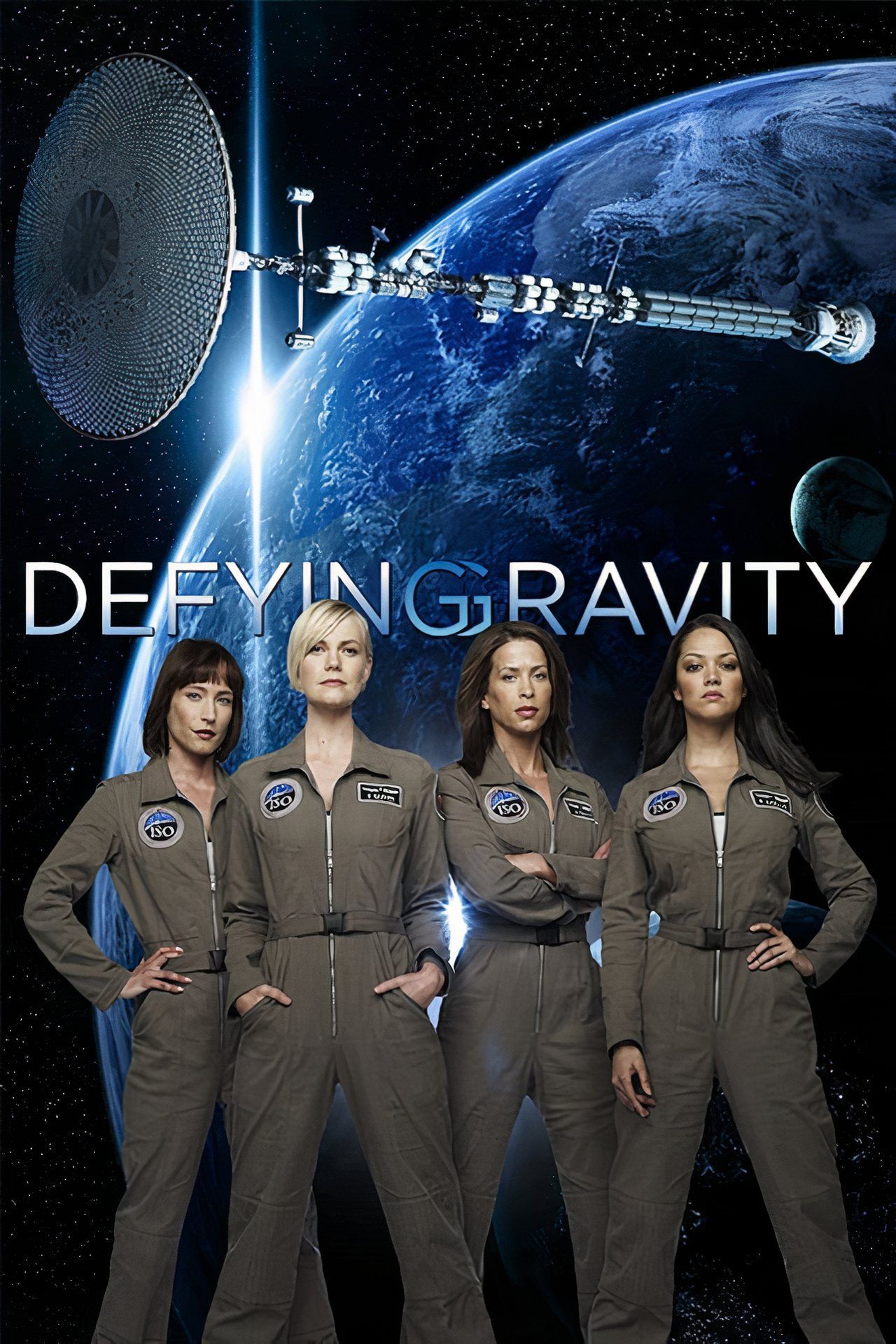
Defying Gravity
- Release Date
-
2009 – 2009-00-00
- Network
-
ABC, CTV, Space
- Directors
-
Peter Howitt, Sturla Gunnarsson, David Straiton, Fred Gerber, Jeff Woolnough
- Writers
-
James D. Parriott, Chris Provenzano
8
‘The Last of Us’ (2023–)
Created by Neil Druckmann and Craig Mazin
Naughty Dog’s The Last of Us is one of the most acclaimed video games of all time, and as such, when it was announced that HBO would be making a TV show based on it, expectations were high. Divisive second season notwithstanding, the series actually managed to live up to those expectations pretty well. With an impressive rating of 8.6, it’s one of the highest-rated TV shows on IMDb.
Game-to-screen adaptations don’t have a great track record in any regard, but this one is an exception. The game was already pretty cinematic, but the people behind the show made the story work even better than any fan would have imagined, including some changes to the mechanics and lore of the narrative’s version of zombies: the infected. There is zero chance of an infection like this ever ravaging humanity, but the show still has a clearly well-researched attachment to science around fungi, pathogens, and global infections, which is really appreciated.

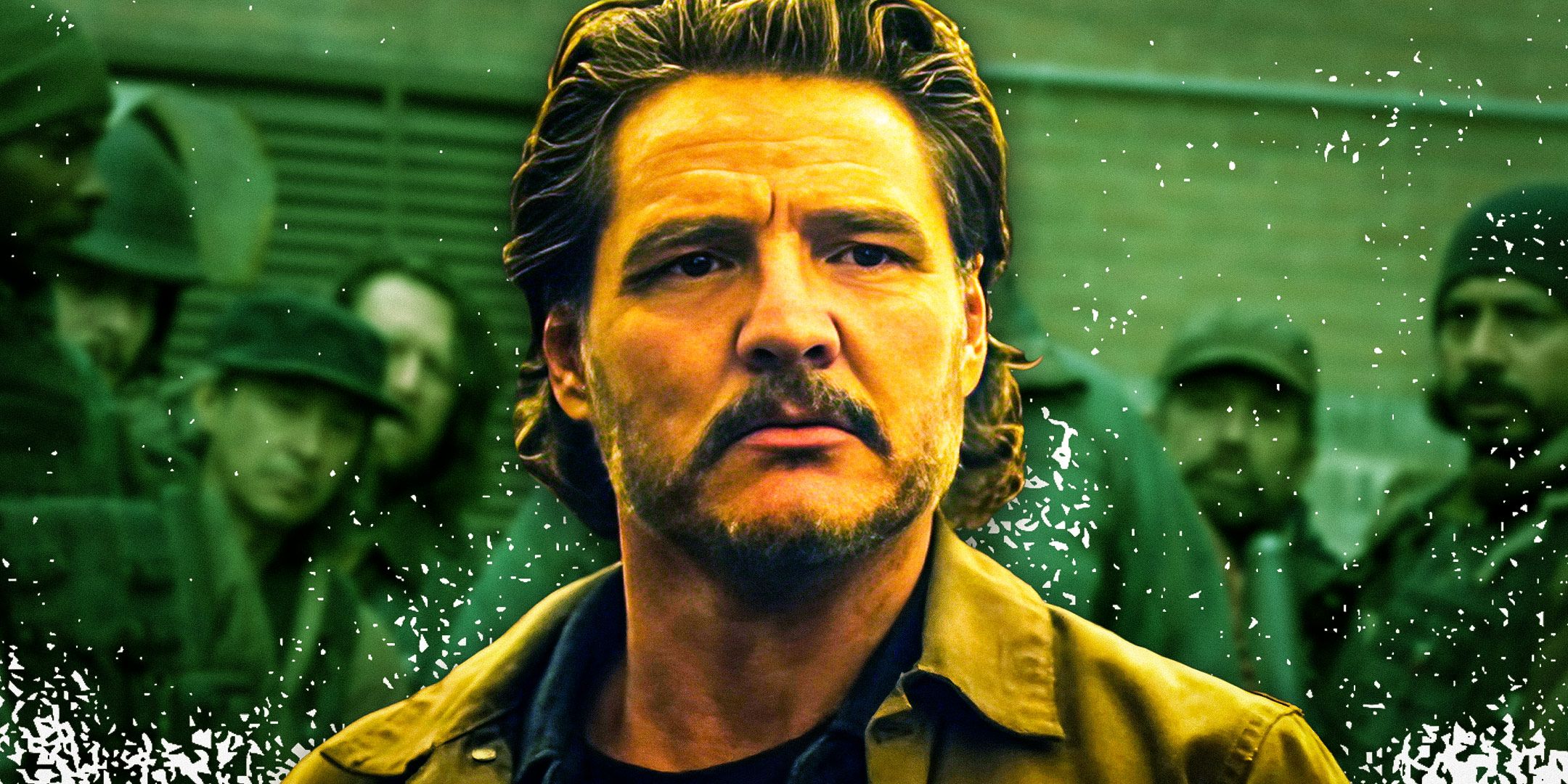
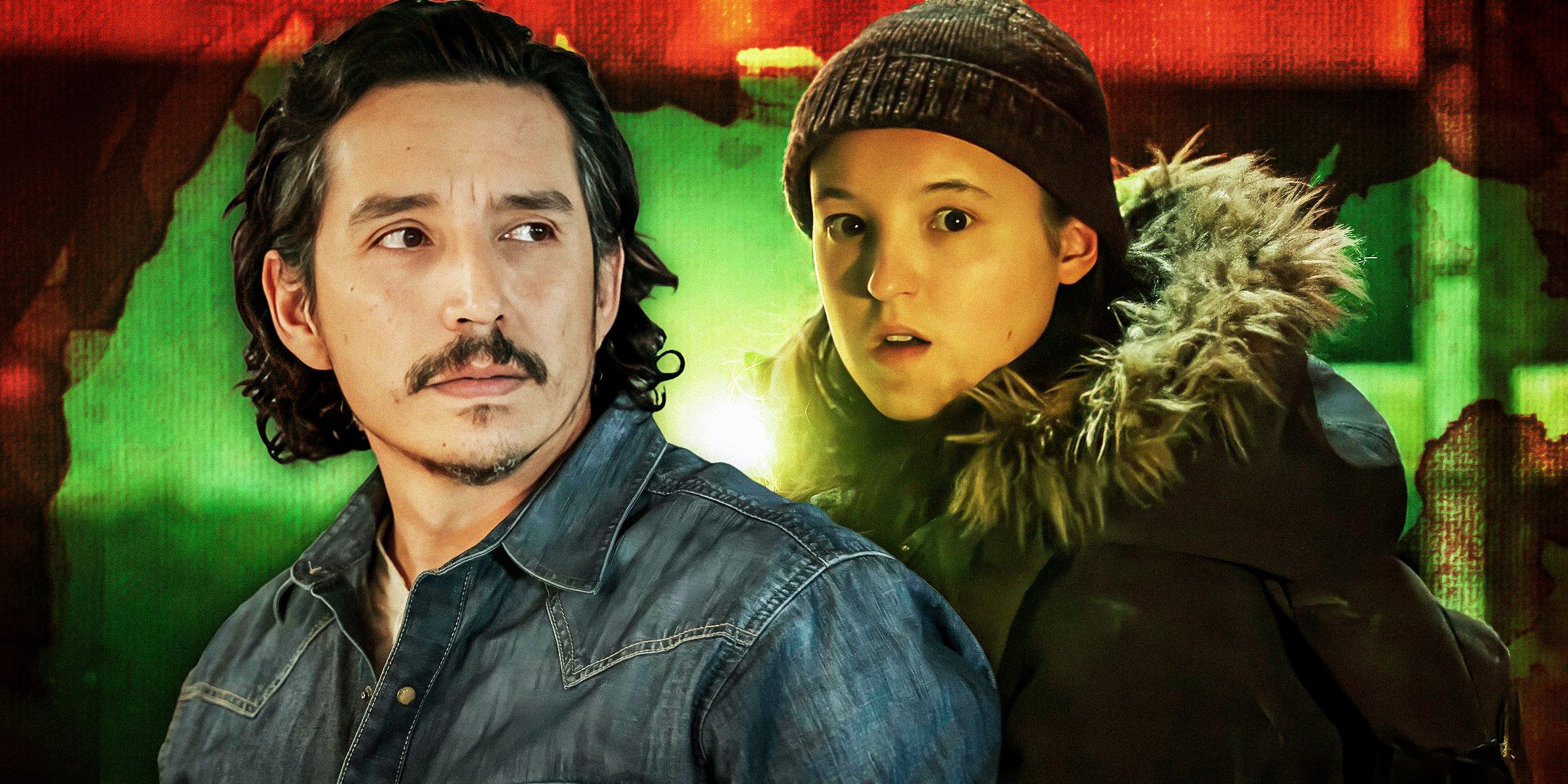
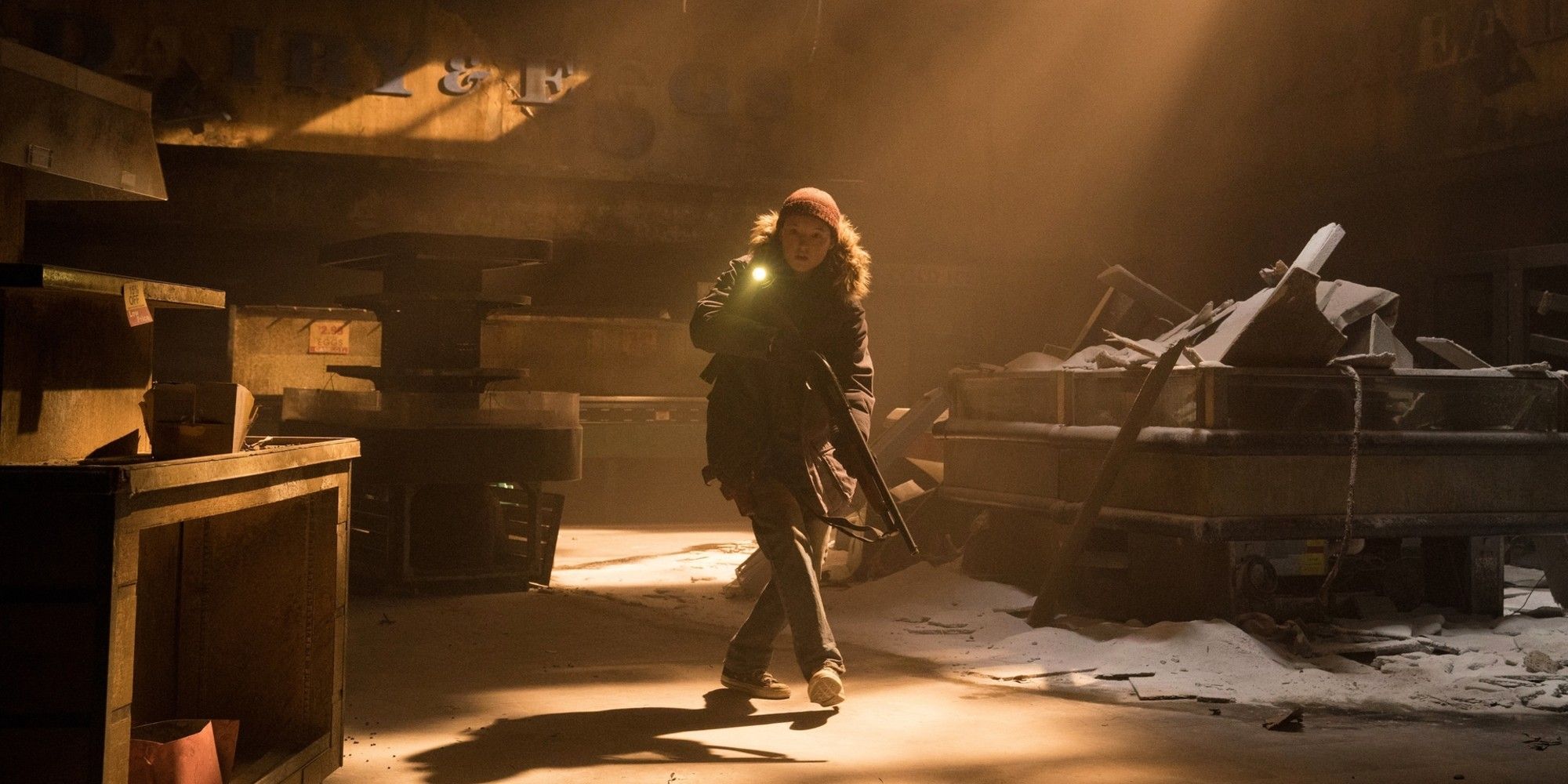
The Last Of Us
- Release Date
-
January 15, 2023
- Network
-
HBO
7
‘For All Mankind’ (2019–)
Created by Ronald D. Moore, Ben Nedivi, and Matt Wolpert
For All Mankind takes place in an alternate version of reality, and if that version is anything like this one, then this Apple TV+ original show is one of the genre’s most underrated outings there, too. Utterly attention-hijacking and with some of the most jaw-dropping production qualities imaginable for a show of this scope, it’s one of the streaming company’s best small-screen efforts.
For All Mankind has also been praised for its moderate attachment to scientific and technological realism. As the show has gone on, it has started to lean more and more on the “fiction” side of science fiction, but it nevertheless remains above average in terms of realism in the genre. Its physics, its depiction of space exploration, and its depiction of NASA are all clearly founded on real-life science and history, though it’s certainly not afraid to take its liberties as well.
6
‘Star Cops’ (1987)
Created by Chris Boucher
Yet another one of the most underappreciated sci-fi series of its time, the BBC cult classic Star Cops follows the adventures of the International Space Police Force in 2027. The Force is made up of officers from all over the world, all of whom provide law enforcement to the newly developing colonies of the Solar System.
Star Cops, created by a writer who had previously worked on Doctor Who, is one of the best British sci-fi series of all time. It was tragically unable to find an audience, and as a result, it was canceled after a single season. Over the years, however, it has been praised as a refreshingly realistic show, showing real-life ugly parts of space exploration that the genre rarely takes the time to show.
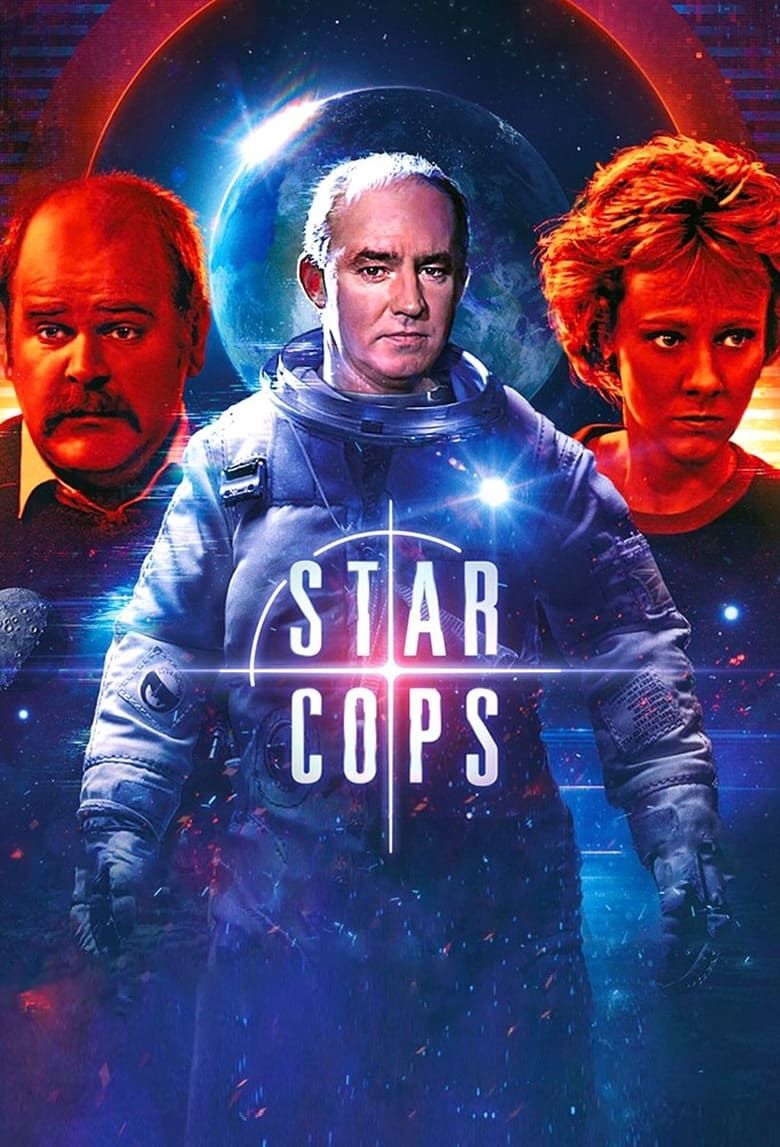
Star Cops
- Release Date
-
1987 – 1986
- Network
-
BBC Two
Cast
-

David Calder
Nathan Spring / Box
-

Trevor Cooper
Colin Devis
-

Jonathan Adams
Alexander Krivenko
-

Erick Ray Evans
David Theroux
5
‘Orphan Black’ (2013–2017)
Created by John Fawcett and Graeme Manson
The Canadian cult classic Orphan Black received high acclaim throughout its whole run, and is still one of the most beloved clone shows ever made. With surprising amounts of lore and world-building, as well as a powerhouse variety of performances by the great Tatiana Maslany, it’s a modern classic that stuck the landing with one of the genre’s best final seasons.
Orphan Black is also one of the most intense sci-fi shows ever, as well as one of the most realistic. It’s very much science fiction and not actually feasible in any imaginable version of today’s world, but it nevertheless has some really fun science that was actually somewhat grounded in the real world, aided by a science consultant and all. As the years have passed and technology has advanced, Orphan Black‘s depiction of cloning and genetic technologies has aged well.
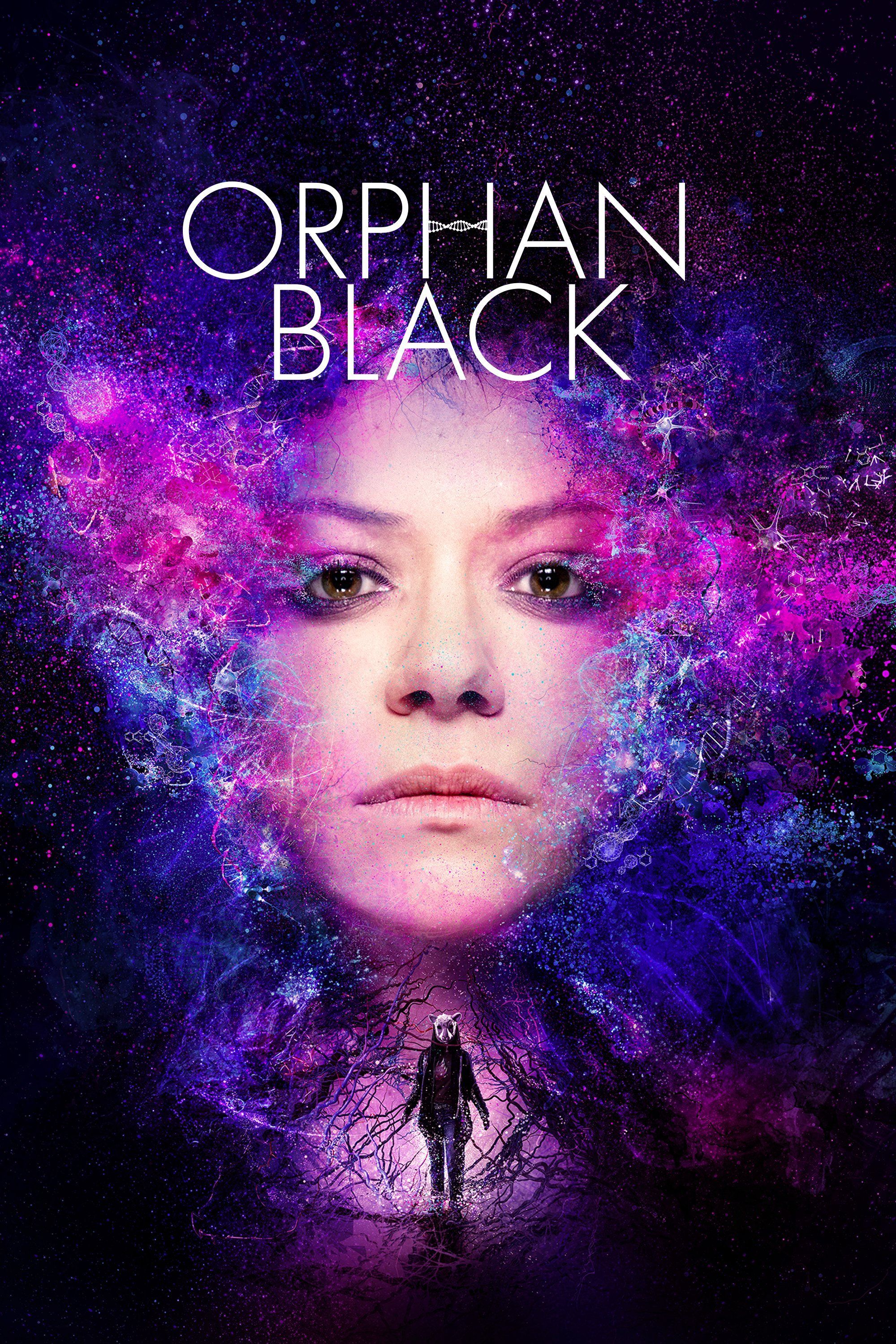
Orphan Black
- Release Date
-
2013 – 2017-00-00
- Showrunner
-
Graeme Manson
4
‘Black Mirror’ (2011–)
Created by Charlie Brooker
One of the most iconic and acclaimed (if not the most iconic and acclaimed) anthology series of all time, Netflix’s Black Mirror is among the most brilliant sci-fi shows ever. It’s not without the occasional bad episode here and there, as one can expect from pretty much any anthology series; but the vast majority of its stories are excruciatingly thought-provoking and absolutely fantastic.
Black Mirror is also one of the bleakest sci-fi shows of all time, with prophetic depictions of the dark side of technology and scientific advancement that feel chilling in their accuracy. Not every Black Mirror episode is based on actual science, but a good few of them are, and those are more than enough to count this among the most scientifically accurate sci-fi shows out there.
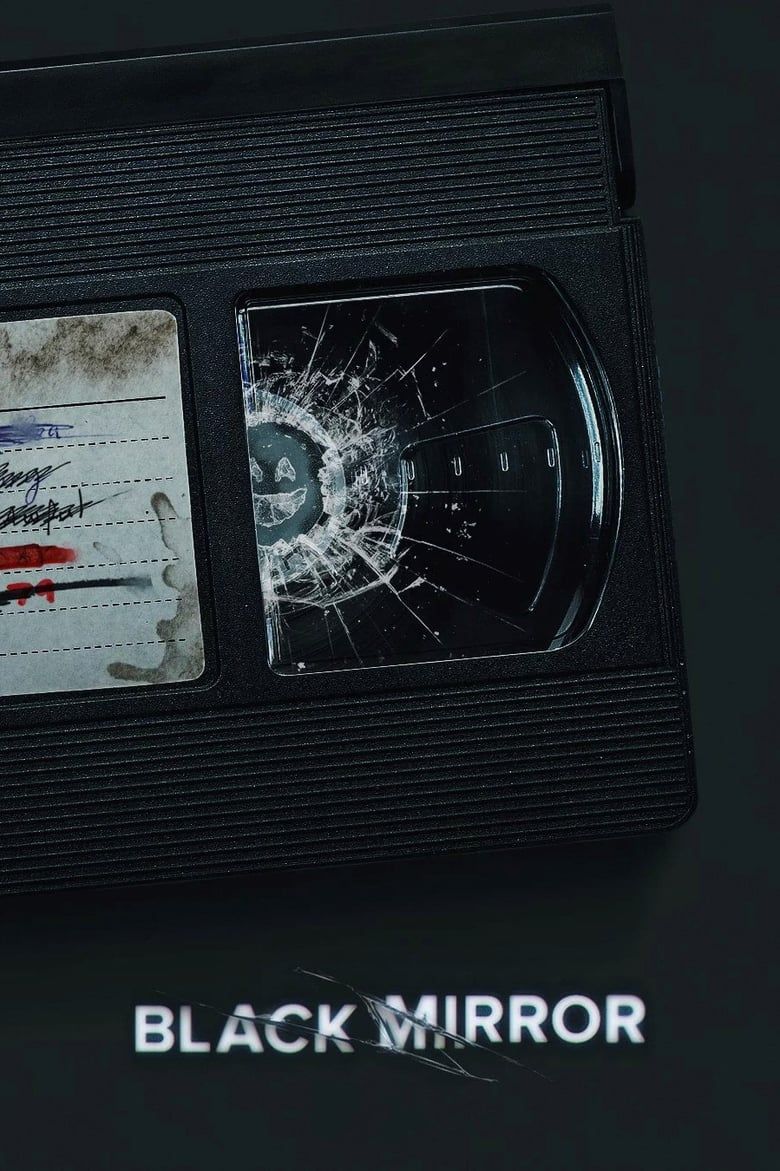
Black Mirror
- Release Date
-
December 4, 2011
- Network
-
Channel 4, Netflix
3
‘The Expanse’ (2015–2022)
Developed by Mark Fergus and Hawk Ostby
Often lauded as the most scientifically accurate live-action sci-fi show ever, The Expanse has gone through a tumultuous history. Syfy canceled it after just three seasons, but Amazon later picked it up to produce three more seasons, bringing the show to its intended close. For people who love stories about space exploration, this one’s an obligatory watch.
The Expanse mixes genres, introduces thought-provoking themes, and explores interesting characters while never neglecting its exquisite world-building. Even astrophysicists have called The Expanse TV’s most scientifically accurate show, praising its depiction of physics, space travel, and futuristic technology. Whether we’ll ever live in a world that looks remarkably like The Expanse‘s is anyone’s guess, but for now, its accuracy is a delight.
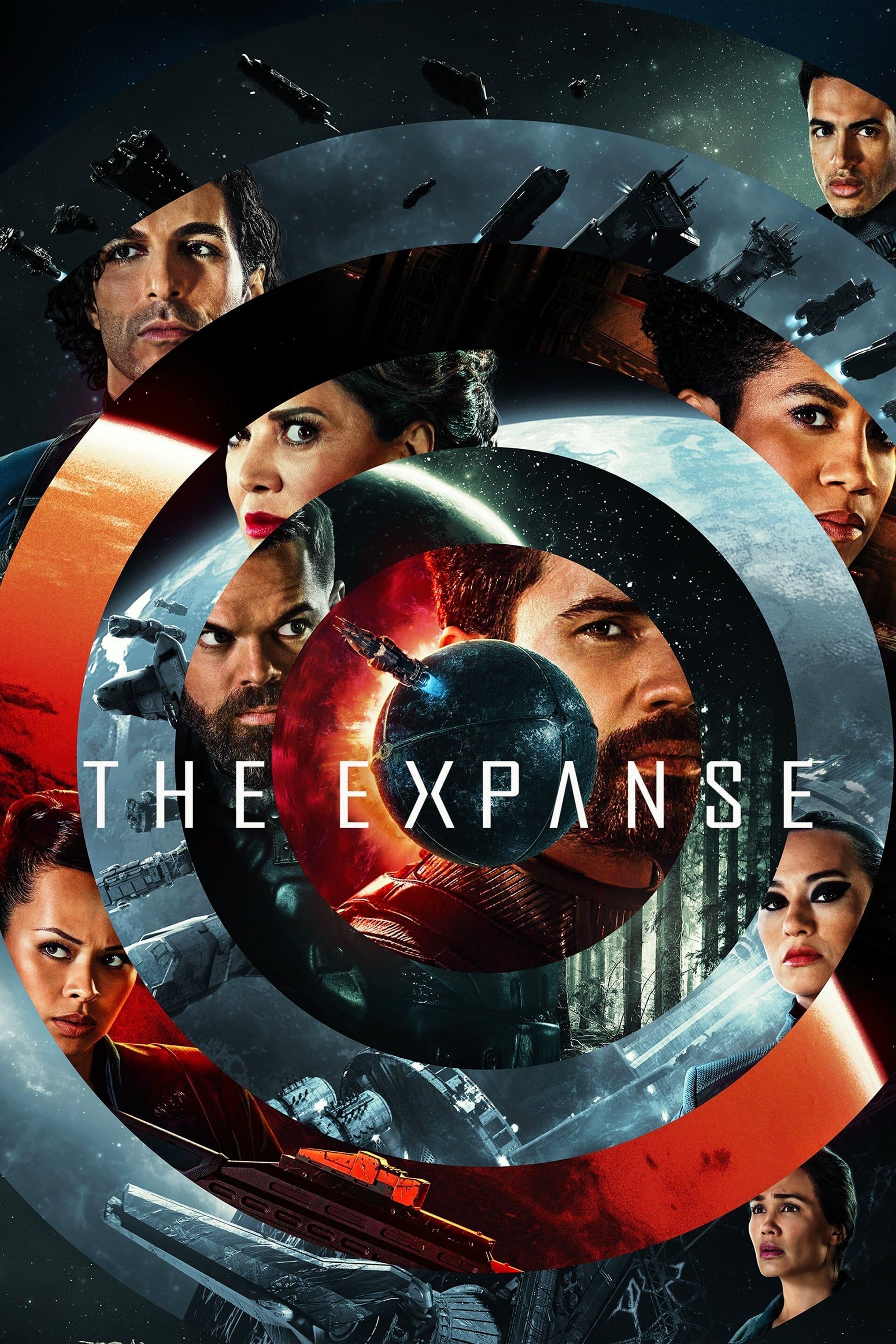
The Expanse
- Release Date
-
2015 – 2021
- Showrunner
-
Naren Shankar, Mark Fergus, Hawk Ostby
- Writers
-
Mark Fergus, Hawk Ostby
2
‘Planetes’ (2003–2004)
Directed by Gorō Taniguchi
Planetes is one of the most acclaimed anime TV shows ever, one of the few examples of the medium that tend to be considered absolutely perfect. This isn’t without good reason. Planetes, based on a hard sci-fi (a category of the genre characterized by concern for scientific accuracy) manga written and illustrated by Makoto Yukimura, went into production before its source material ended.
The manga and anime are perfect companion pieces, but even for those who don’t read much manga, Planetes is a must-see if they enjoy hard sci-fi. The show’s nearly perfect attachment to scientific plausibility is one of its best-known aspects, as well as one of the main reasons why fans love it so much. Even experts who have dedicated their lives to fields like aerospace engineering tend to agree that, as far as space-traveling shows get, it doesn’t get much more accurate than this.
1
‘Knight Rider’ (1982–1986)
Created by Glen A. Larson
It’s not a space opera, it’s not about space exploration, and it’s not even particularly good; but Knight Rider is an iconic David Hasselhoff classic, and has even grown a bit of a cult following as time has passed. It’s a silly concept from a bygone era when sci-fi television was seen as much less intelligent than what people perceive it as today, and that’s one of the main sources of its charm.
The thing about Knight Rider that makes it so remarkable, though, is that its scientific and technological accuracy is such that one could argue we already live in a world pretty much identical to the one in the series, almost 40 years after it ended. AI-powered cars that drive themselves? Check. Biometrical sensors? Check. A watch that allows the wearer to communicate with someone at long distances? Check. It’s almost hilarious to imagine that, back in 1982, such things felt like science fiction still.


